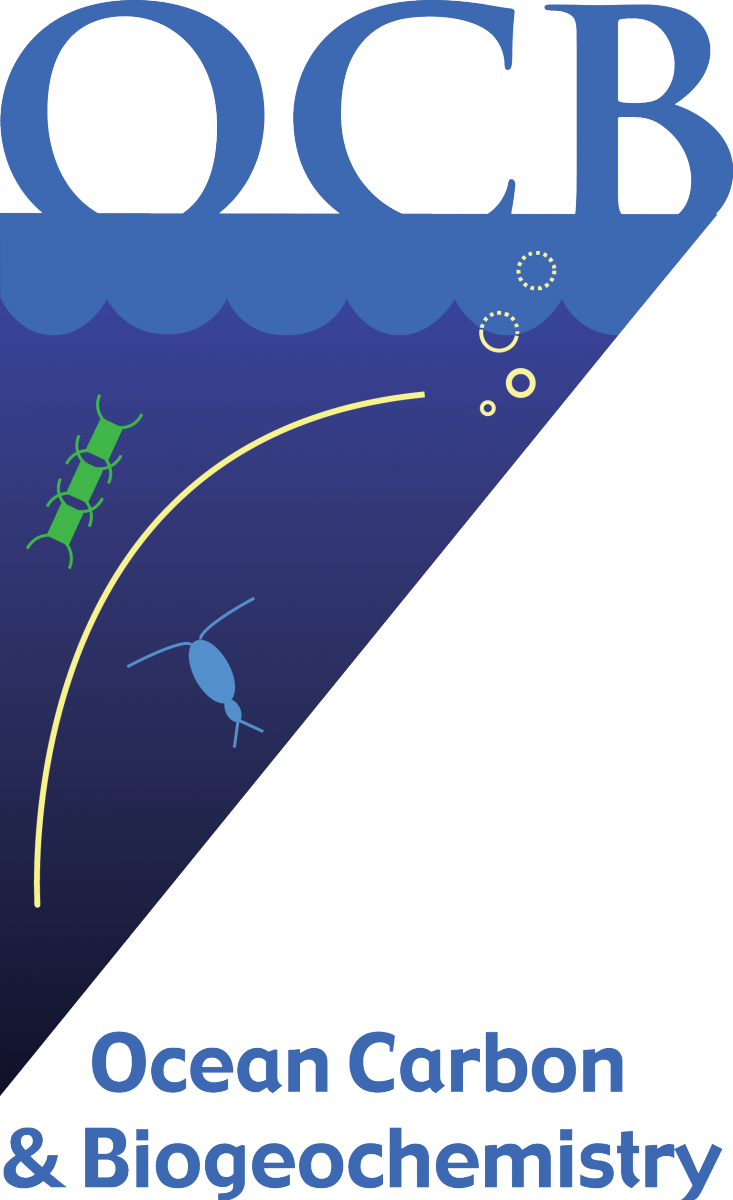2014 Ocean Carbon Workshop
Motivation & Objectives
This workshop, organized jointly by the Ocean Carbon Uptake and Southern Ocean Working Groups of US CLIVAR and OCB, aims to catalyze progress toward understanding the ocean’s role in carbon and heat uptake by strengthening communication and collaboration across traditional disciplinary boundaries to facilitate the exchange of results from recent studies and discuss the most promising directions for future research.
During this workshop, participants will focus on the following topics:
- Oceanic regions critical for heat and carbon uptake (e.g., Southern Ocean, North Atlantic, tropics)
- Processes governing the heat and carbon uptake in these regions and the main challenges of representing these processes in climate models
- Critical observational targets in these regions
- Development of data/model metrics, which will help to improve the models and guide future observational campaigns
Featuring a special session on Southern Ocean: Circulation and Carbon Cycle, sponsored by the WCRP Polar Climate Predictability Initiative.
The global ocean is a key component of the climate system, due in large part to its ability to absorb, store, and redistribute vast amounts of anthropogenic carbon and anomalous heat. The relevant processes, however, are complex and remain poorly understood. Regional changes in the oceanic state can feedback positively onto atmospheric carbon dioxide (CO2) concentrations and warming trends through a slowdown in ocean carbon and heat uptake. The strength of these feedbacks depends on the complex interplay between physical and biogeochemical processes regulating the sensitivity of ocean heat and carbon uptake to climate perturbations.
Recent advances in observational and modeling capabilities have deepened our understanding of these processes. New observational datasets (e.g., Argo, Repeat Hydrography, SOCCOM) are beginning to shed light on changes in the global heat and carbon distribution. The intercomparison of earth system models (e.g., CMIP-5) is starting to tease out the complex interplay among processes involving wind forcing, large-scale ocean circulation and stratification, turbulent eddies, sea ice, and biogeochemistry. Identification of critical observational targets and development of data/model metrics represent a promising approach toward reducing the uncertainties associated with climate projections.
The workshop will build upon and synthesize the Working Group efforts to develop metrics for evaluating biases in CMIP-5 model simulations, estimate uncertainties in model projections of heat and carbon uptake, and inform future observations, model development, and analysis strategies for addressing biases and uncertainties (including protocols of CMIP-6).
Participants
The workshop is open to interested scientists across observational, process study, and modeling communities. Participants must apply to attend this joint workshop. The Organizing Committee will review all participant applications after registration closes and then send notification letters in early October.
Participation will be limited to 75 scientists and a waiting list will be created. Confirmed attendees, who are not invited speakers, will be invited to present a poster as a way to provide further engagement and updates about research. Registration payments will not be processed until you are confirmed.
Timeline
Sept. 30: Registration Closes
Oct. 9: Notification Letters Sent
Oct. 15: Payment Due
Oct 30: Waiting List Participants Notified
Organizing Committee
Joellen Russell, University of Arizona (Chair)
Heather Benway, Woods Hole Oceanographic Institution
Annalisa Bracco, Georgia Tech
Curtis Deutsch, University of Washington
John Fyfe, Environment Canada (WCRP Polar Climate Predictability Initiative)
Taka Ito, Georgia Tech
Igor Kamenkovich, University of Miami
Mike Patterson, US CLIVAR Project Office
Kristan Uhlenbrock, US CLIVAR Project Office



